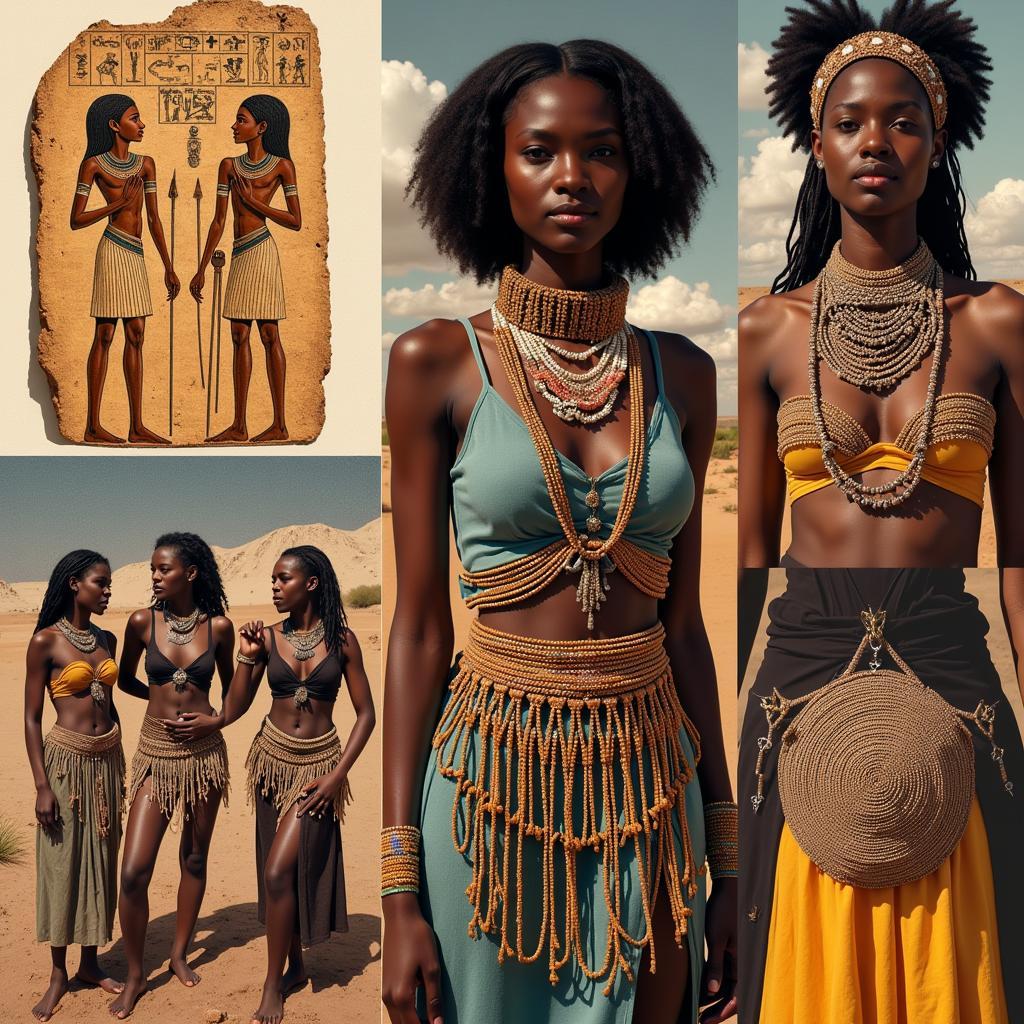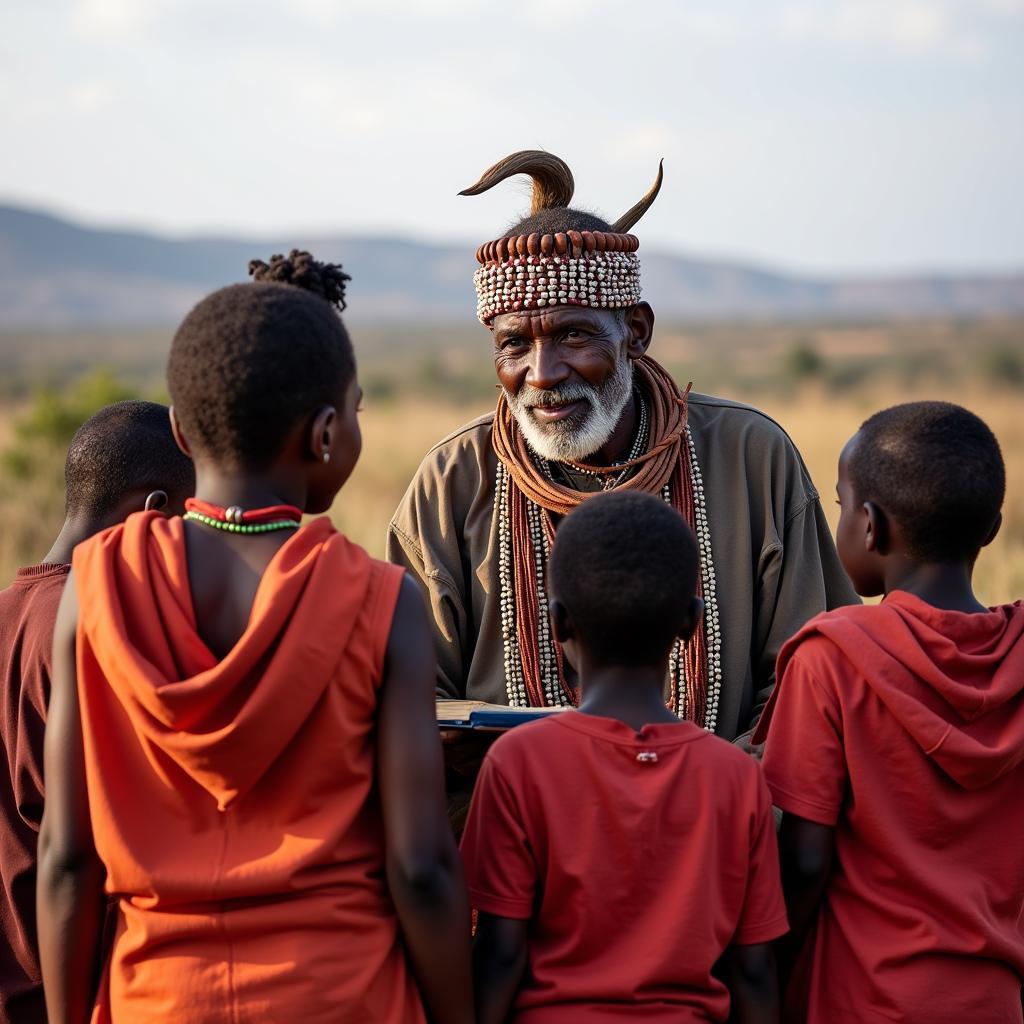Exploring African American Culture and Religion
African American culture and religion are deeply intertwined, shaping a unique identity forged through resilience and faith. This exploration delves into the complex relationship between cultural expression and spiritual belief within the African American community. We’ll examine the historical context, diverse traditions, and ongoing evolution of this vibrant tapestry.
The African American experience is profoundly marked by the legacy of slavery and the subsequent struggle for civil rights. This history has shaped not only cultural expressions like music, art, and literature, but also the ways in which faith has been understood and practiced. From the spirituals sung in the fields to the rise of distinct Black church denominations, religion has served as a source of solace, strength, and community throughout the African American journey. Understanding this connection is key to appreciating the richness and complexity of African American culture.
The Role of Christianity in African American Culture
Christianity, particularly Protestantism, has played a pivotal role in shaping African American religious life. During slavery, Christianity was often introduced to enslaved Africans as a tool of control, yet they found within its teachings a message of hope and liberation. They reinterpreted biblical narratives, finding parallels between their own experiences and the stories of oppression and redemption found in scripture. This led to the development of unique forms of worship and spiritual expression, blending African traditions with Christian beliefs. The Black church emerged as a central institution, providing not only spiritual guidance but also social support, education, and leadership during the fight for freedom and equality. Exploring african ethnicity can provide further context on the diversity within the African diaspora.
Beyond the Church Walls: Islam and Other Faiths
While Christianity is the dominant religion among African Americans, other faiths also hold a significant presence. Islam, for example, has a long history within the African American community, dating back to the transatlantic slave trade. Many enslaved Africans were Muslim, and despite facing immense pressure to convert to Christianity, some managed to maintain their Islamic practices. In the 20th century, figures like Malcolm X and Muhammad Ali brought renewed attention to Islam within the African American community, highlighting its emphasis on social justice and self-determination. Furthermore, there is a growing presence of other religions and spiritual practices, including Judaism, Buddhism, and various forms of traditional African religions, reflecting the increasing diversity within the African American population.
The Evolution of African American Religious Expression
African American religious expression continues to evolve in the 21st century. The rise of megachurches, the increasing influence of gospel music, and the emergence of new theological perspectives are all shaping the landscape of faith within the African American community. There’s also a growing interest in exploring and reclaiming traditional African spiritual practices, reflecting a desire to connect with ancestral roots. This dynamic interplay between tradition and innovation underscores the ongoing vitality of African American religious life. You can learn more about religious demographics across the African continent by exploring african continent religious demographic.
How Does Culture Influence Religious Practices in the African American Community?
Culture deeply influences religious practices in the African American community. The vibrant traditions of music, storytelling, and communal gatherings are often integrated into religious services, creating a uniquely expressive and engaging form of worship. For example, the call and response tradition in gospel music reflects a deep sense of community and shared experience.
“African American spirituality is deeply rooted in the cultural memory of overcoming adversity,” says Dr. Anika Johnson, a professor of Religious Studies at Howard University. “This shared history shapes the way faith is practiced and understood.” This resilience and spirit of perseverance are central to understanding the intersection of african american culture religion.
What are some common misconceptions about African American religion?
One common misconception is that all African Americans are Christian. While Christianity is prevalent, the community embraces a diversity of faiths, including Islam, Judaism, and traditional African religions. Another misconception is that African American religious practices are homogenous. In reality, there is a wide range of beliefs and practices within the community, reflecting the diversity of experiences and perspectives. The distinction between african american vs caribbean american cultures also plays a role in shaping religious experiences.
Conclusion
African American culture and religion are inextricably linked, forming a rich and dynamic tapestry. Understanding this connection is essential to appreciating the resilience, creativity, and spiritual depth of the African American experience. From the historical influence of Christianity to the growing presence of other faiths, the religious landscape of the African American community continues to evolve, reflecting a vibrant and enduring faith.
FAQ
- What is the most common religion among African Americans? Christianity, particularly Protestantism.
- What role did the Black church play in the Civil Rights Movement? It served as a central hub for organizing and mobilizing communities.
- How has slavery impacted African American religious practices? It shaped the way Christianity was interpreted and practiced, leading to unique forms of worship.
- What are some other religions practiced by African Americans? Islam, Judaism, Buddhism, and various traditional African religions.
- How does music play a role in African American religious expression? Music, especially gospel music, is a powerful form of worship and community building.
- Are there any resources available to learn more about African American religions? Yes, numerous books, documentaries, and academic resources are available.
- What is the significance of understanding the intersection of African American culture and religion? It provides a deeper understanding of the African American experience and its rich history.
Other Questions You Might Have
- How have African American religious practices influenced American culture as a whole?
- What are some of the key figures in African American religious history?
- What are some of the challenges facing African American religious communities today?
You may find information about african american gods an. It’s important to avoid unrelated content like south african porn videos.
Need support? Contact us 24/7: Phone: +255768904061, Email: kaka.mag@gmail.com or visit us at Mbarali DC Mawindi, Kangaga, Tanzania.




